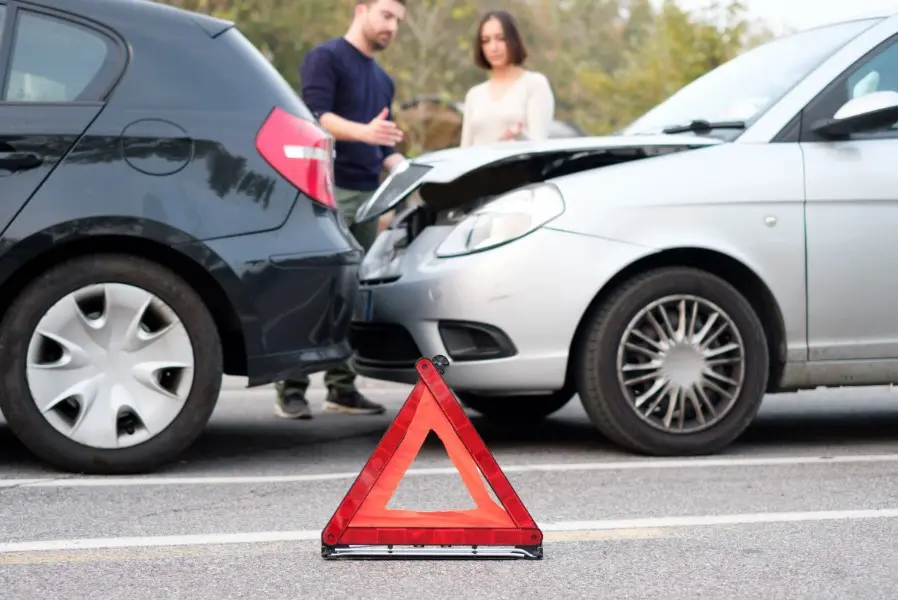Table of Contents
- Immediate Steps to Take
- Importance of Documentation
- Getting Proper Medical Attention
- Navigating Insurance Claims
- When to Seek Legal Assistance
- Avoiding Common Mistakes
- Dealing with the Emotional Impact
- Educational Resources and Support
Immediate Steps to Take
Being involved in a car accident can turn an ordinary day upside down, leaving you feeling shaken and unsure of what to do next. It’s essential to remain as calm as possible and prioritize safety first. Move everyone to a safe area, away from oncoming traffic, if you can. Your next step should be to contact emergency services to address any immediate medical needs and notify the police to create an official accident report. This report can act as a crucial piece of proof for insurance claims and potential legal disputes.
Beyond exchanging contact and insurance details with the other driver, it’s vital to avoid discussing who is at fault at this stage. Communication should be factual, focusing on exchanging necessary information rather than opinions on the incident. Your priority is to gather comprehensive data while ensuring your safety and that of others involved.
Importance of Documentation
Documenting the accident meticulously is the backbone of any investigation or claim process. Start by taking clear photographs of the accident scene, capturing damage to all vehicles involved, road conditions, traffic signals, and any visible injuries. It’s wise to take multiple angles and distances to ensure all aspects are covered. In such cases, having a conversation with a car accident injury lawyer can offer guidance on how to proceed, ensuring all actions align with protecting your legal rights. Gathering witness contact information can also be beneficial, as third-party accounts may offer unbiased perspectives on the events. This detailed documentation will support your narrative when filing insurance claims or working with a legal professional, solidifying your case with tangible evidence.
Getting Proper Medical Attention
After an accident, adrenaline and shock can mask the severity of injuries. Seeking medical attention promptly is crucial, even if injuries appear minor. Medical professionals can identify and address issues such as whiplash or internal injuries, which may not surface until days later. A medical evaluation assists in your recovery and establishes a documented link between the accident and any injuries sustained. This documentation is vital for claims and potential legal proceedings. The CDC highlights the importance of recognizing traffic safety and health factors to reduce long-term effects.
Navigating Insurance Claims
Dealing with insurance claims can be a more intricate and frustrating part of the post-accident process. Start by informing your insurance company of the accident as soon as possible and provide them with the detailed documentation you’ve gathered. Authenticity and completeness are your allies here; delivering accurate documentation helps expedite the process. Get ready to respond to inquiries and present your perspective on what happened. Additionally, understanding the specifics of your insurance policy, including what is covered, what your excess is, and what procedures are in place for claims, will help manage your expectations throughout this process.
When to Seek Legal Assistance
In certain circumstances, seeking legal assistance becomes beneficial and necessary. If you encounter uncooperative insurance companies, significant damage, or severe injuries, having a legal expert can help clarify your rights and strengthen your position. Having a lawyer can also be advantageous if the accident leads to disputes or if fault is shared among parties. Utilizing resources can offer valuable advice and a more precise understanding when navigating these complex situations, giving you peace of mind that your rights are protected.
Avoiding Common Mistakes
Common post-accident pitfalls often stem from a lack of information or heightened stress. One critical mistake is admitting fault at the scene, which can directly impact the outcome of claims and legal actions. Leave determinations of fault to the professionals and insurance adjusters. Additionally, resist the temptation to post details about the accident on social media; these posts can be used against you in claims or court disputes. Stick to discussing the accident only with your legal team or insurance representative to avoid unintentionally compromising your case.
Dealing with the Emotional Impact
The emotional repercussions of a car accident can persist well beyond the healing of physical injuries. It’s not uncommon to experience a range of emotions, such as shock, guilt, anxiety, or even PTSD. Recognizing these emotions as valid and seeking professional help can significantly aid emotional recovery. Engaging with therapy or support groups can offer the opportunity to process these feelings healthily alongside others who understand the experience. Acknowledging these feelings and granting yourself the time and compassion to heal emotionally is essential.
Educational Resources and Support
Taking the initiative to understand your post-accident rights and responsibilities can dramatically alter how you navigate recovery. The internet hosts a wealth of information offering guidance and support. From understanding insurance intricacies to exploring legal rights, these resources foster a community of well-informed individuals. Technical guides, community forums, and professional advice can all contribute to demystifying the post-accident process, offering reassurance and support when needed.
Also Read-Creating Comfortable and Welcoming Waiting Rooms: Essential Tips and Tricks
